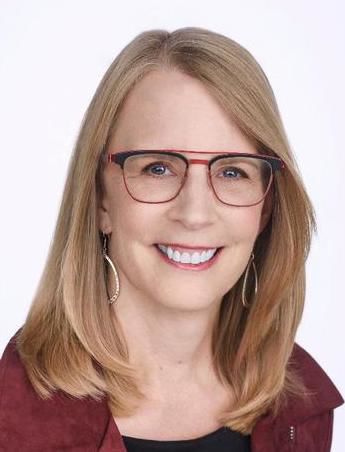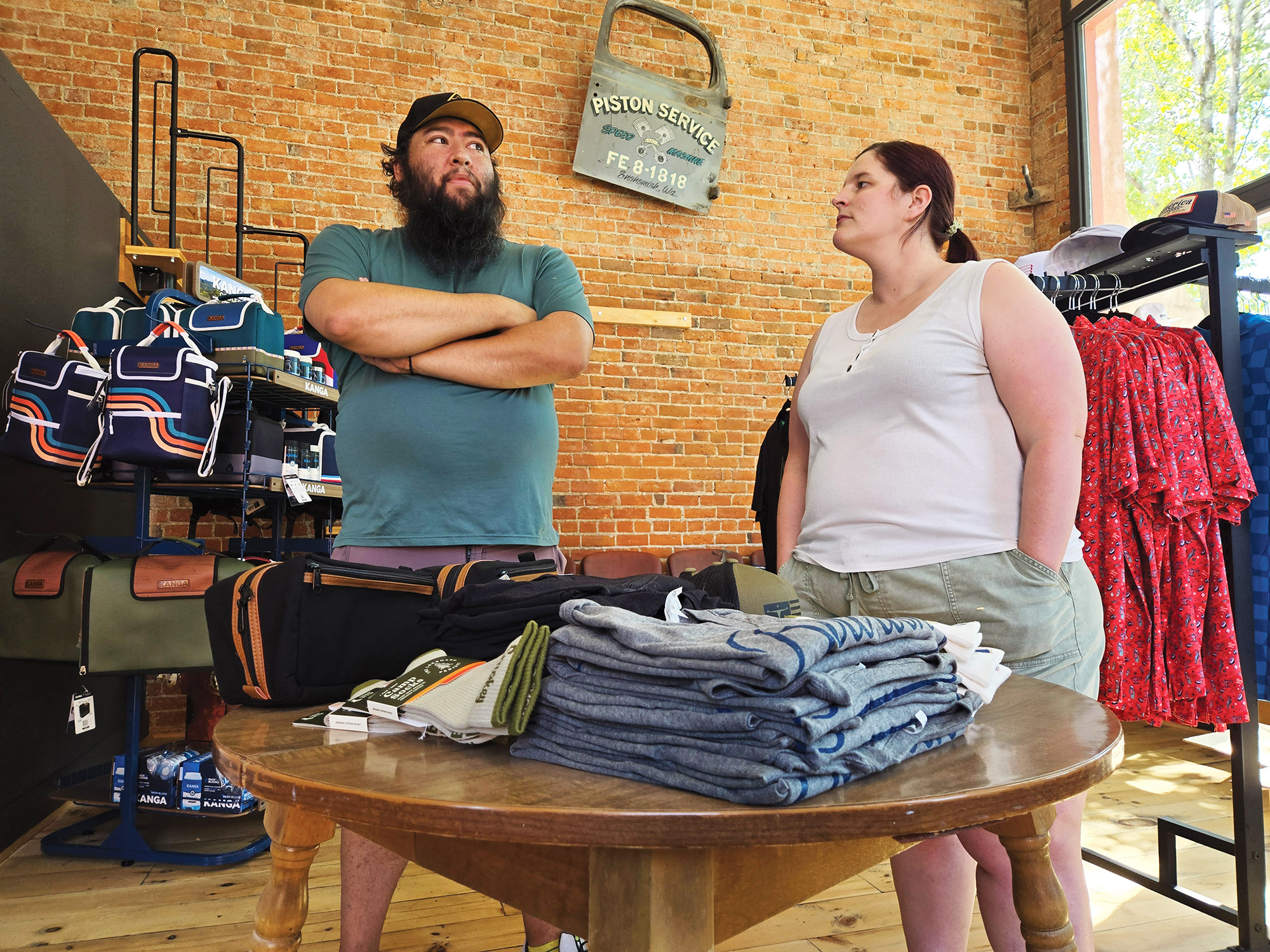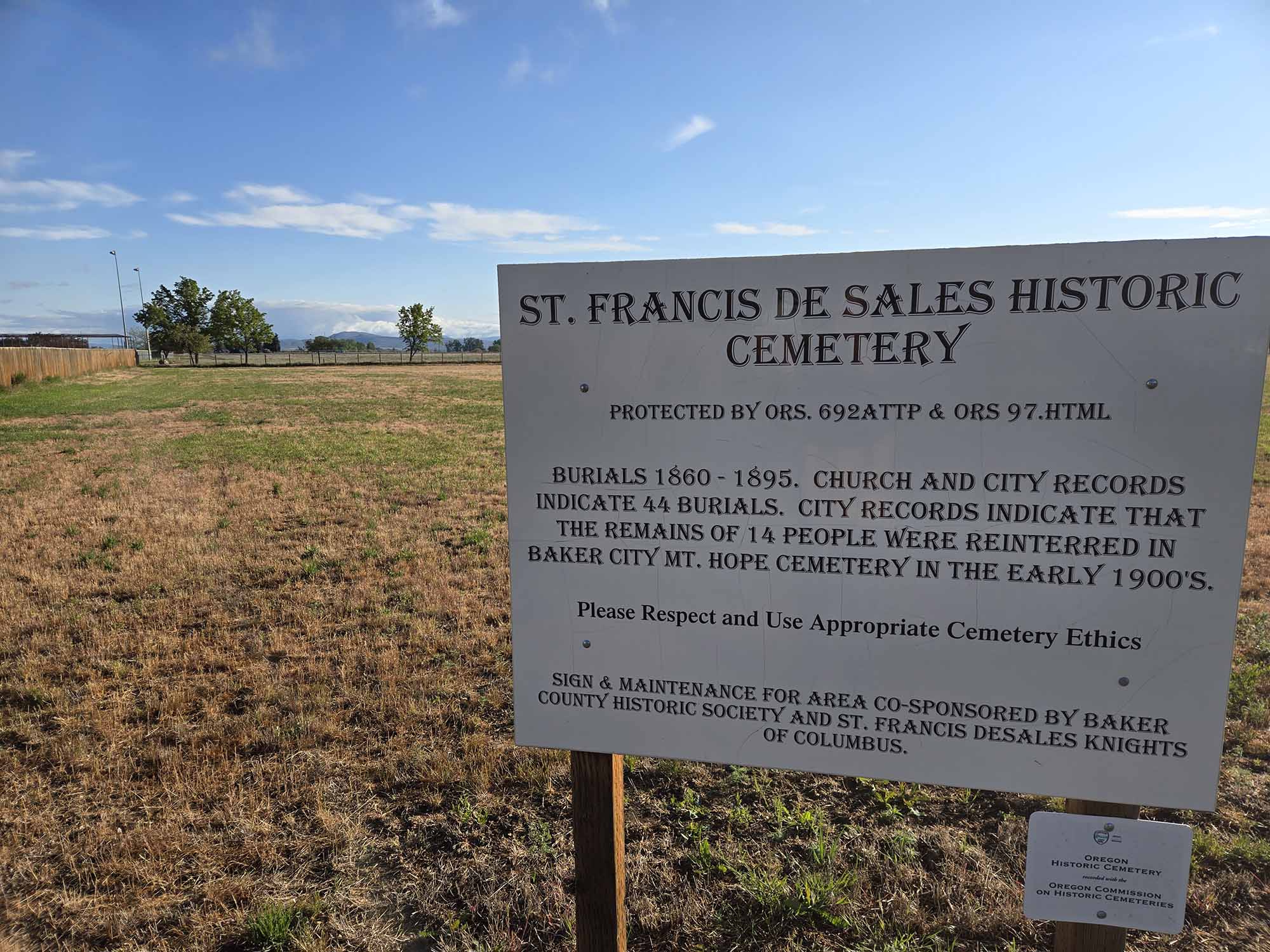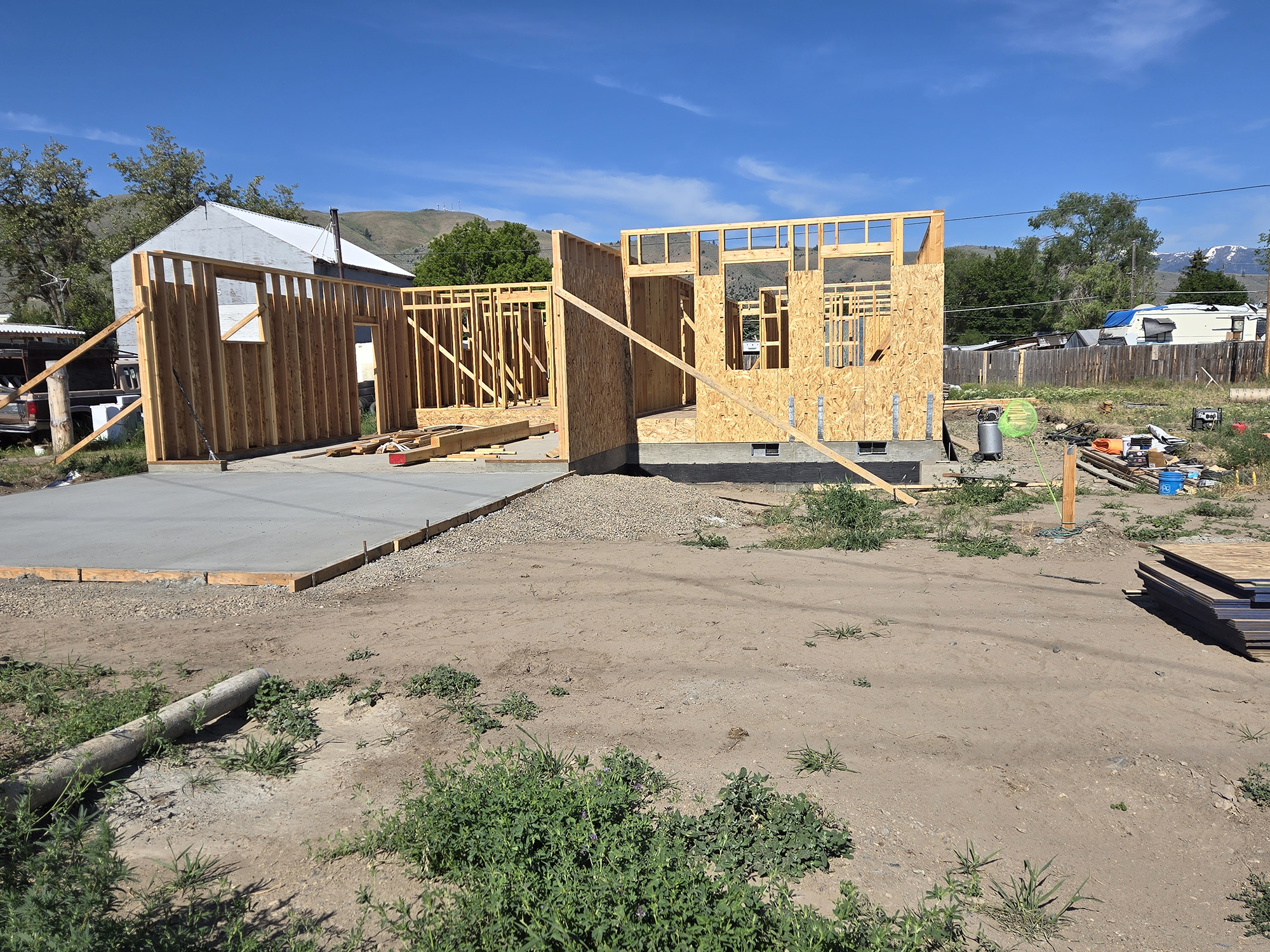Ask Liz: Are brick-and-mortar banks any safer than the online alternatives?
Published 3:00 am Thursday, August 4, 2022

- Weston
Dear Liz: My wife keeps over $60,000 in her checking account at a brick-and-mortar bank. I think that is a bad idea. Too easy for possible fraud. I have tried to convince her the safest place to keep the bulk of her cash is in a savings account, preferably in an online bank, which I believe provides added protection against fraud as long as we maintain good computer health. What do you think?
Trending
Answer: Many people have the opposite conviction, which is that online banks are somehow less safe than brick-and-mortar versions. In reality, both types offer encryption and other safety measures to deter fraud. Accounts are insured by the Federal Deposit Insurance Corp. and covered by federal banking regulations designed to protect consumers against fraud.
Your wife’s money wouldn’t necessarily be safer in a savings account, but she’d earn a little more interest. Many online banks currently offer rates of about 1% on savings accounts. If she moved all but $10,000 out of the checking account, she could earn about $500 a year in interest and perhaps more if the Federal Reserve continues to raise rates.
Dear Liz: Does the Social Security Administration still allow a person to start taking Social Security benefits at age 62 and then later return the full amount received and begin taking the higher delayed benefits? For people who don’t need the income, this seems like a smart strategy as they could obtain the investment income on the benefits received from age 62 to 70 as well as the higher benefits amount starting at age 70.
Trending
Answer: Social Security closed that particular loophole in 2010.
As you know, Social Security retirement benefits increase each year you put off applying between age 62 and age 70, when benefits max out.








